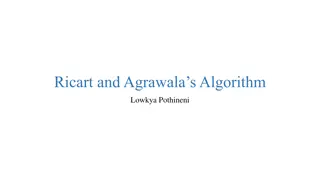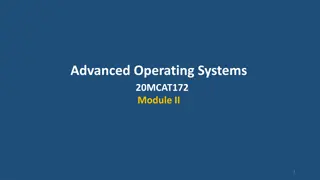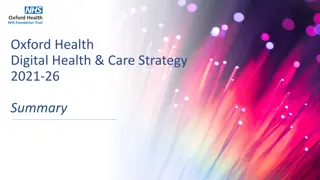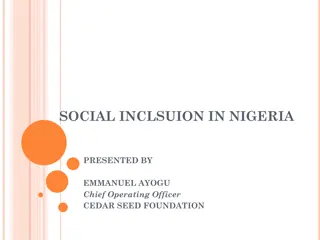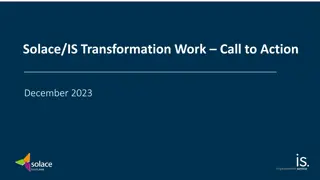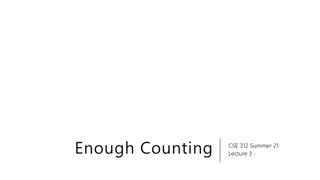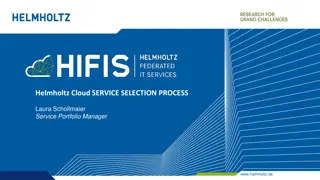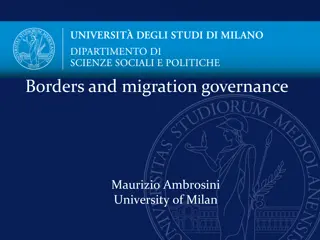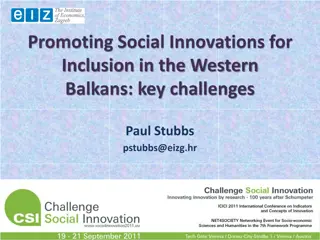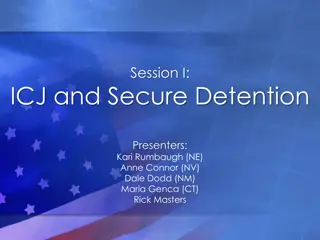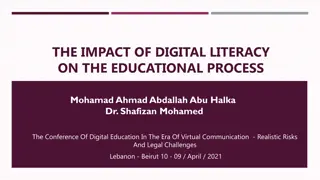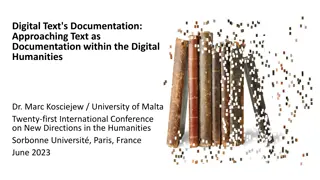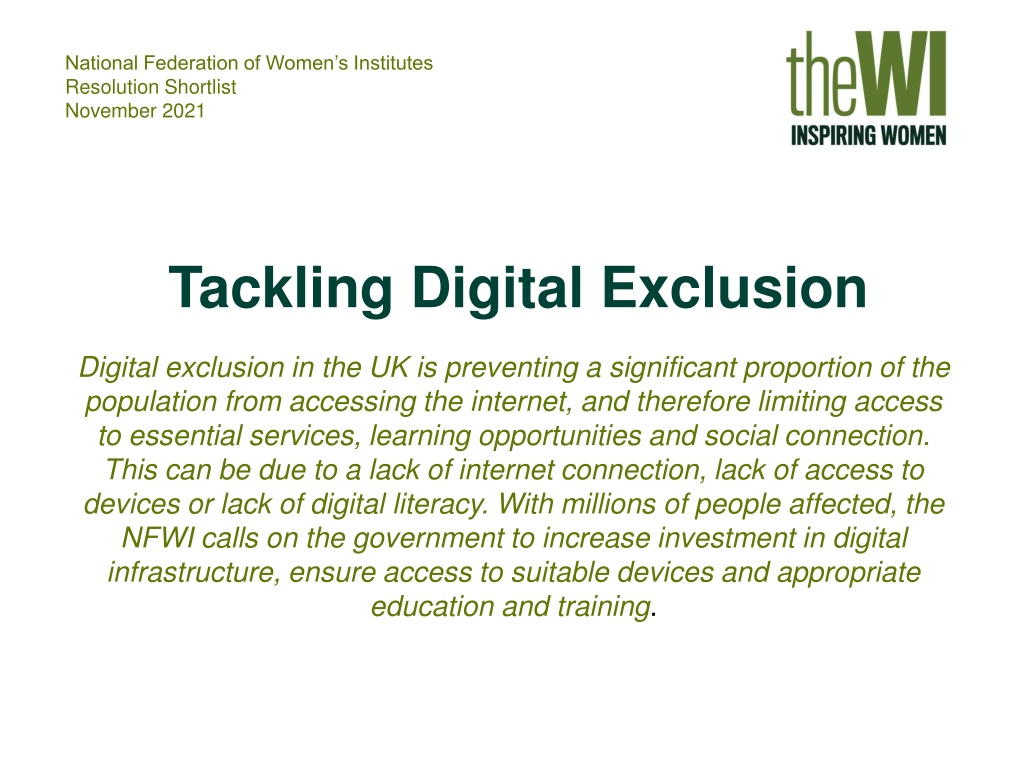
Addressing Digital Exclusion in the UK: NFWI Resolution Insights
Learn about the critical issue of digital exclusion in the UK affecting millions, and how the National Federation of Women's Institutes (NFWI) is calling for increased investment in infrastructure, devices, and education to tackle this growing problem. Explore the scale of the issue, current government initiatives, and ways NFWI members can act locally and nationally to promote digital connectivity and literacy.
Download Presentation

Please find below an Image/Link to download the presentation.
The content on the website is provided AS IS for your information and personal use only. It may not be sold, licensed, or shared on other websites without obtaining consent from the author. Download presentation by click this link. If you encounter any issues during the download, it is possible that the publisher has removed the file from their server.
E N D
Presentation Transcript
National Federation of Womens Institutes Resolution Shortlist November 2021 Tackling Digital Exclusion Digital exclusion in the UK is preventing a significant proportion of the population from accessing the internet, and therefore limiting access to essential services, learning opportunities and social connection. This can be due to a lack of internet connection, lack of access to devices or lack of digital literacy. With millions of people affected, the NFWI calls on the government to increase investment in digital infrastructure, ensure access to suitable devices and appropriate education and training.
Outline of presentation What is the scale of the problem? The current situation in the UK How the WI could work on this issue if it was passed Points to consider Further information
What is the scale of the problem? 1.5 million homes in the UK do not have internet access. Nine million people struggle to use the internet independently. Not being able to access the internet can impact people s access to health services, housing support, social care and employment. This has been exacerbated during the pandemic, as more services and social activities have moved online. 20% of children were without access to a device for learning while schools were closed during the pandemic
The current situation in the UK During the 2019 election, the Government pledged to roll out full fibre broadband to the whole of the UK by 2025. In 2020, the Government set up a Digital Inclusion task and finishing group to improve access to devices, learning and support. During the pandemic, the Government provided devices to people with learning disabilities, as well as schoolchildren from disadvantaged backgrounds. It has also provided free training and announced funding for increasing digital skills in untrained adults. Nevertheless, there is a need to make digital inclusion a priority to prevent it from further widening social inequality.
How the WI could work on this resolution At local and regional levels, WI members could host educational events or share educational materials to support their local communities to get online. Members could also work with local authorities and specialist organisations to promote digital connectivity and literacy. Nationally, , the NFWI could build on the work of NFWI- Wales and engage with specialist organisations to develop educational resources and support policy initiatives promoting digital inclusion and broadband access. The NFWI could also call on the Government to take further action to address digital exclusion.
Points to consider This resolution could tie in well with the organisation s educational charitable object, and strategic focus on inclusivity, as well as our broader work around supporting and enabling members to use digital tools. This resolution offers an opportunity for the NFWI to build on the work currently being undertaken by NFWI -Wales around digital inclusion and access to broadband. The Government has recently taken a number of steps to widen access to devices and digital skills, including through investment. How achievable is it to call for further funding on this? The pandemic has drawn national attention to the problem of digital exclusion and the issue is already on the agenda of a number of organisations. How could a WI campaign build on existing campaigns and add value to the work underway in the sector?
Further information NFWI Public Affairs Department E: pa@nfwi.org.uk T: 020 7371 9300 https://www.thewi.org.uk/campaigns Good Things Foundation: https://www.goodthingsfoundation.org/the-digital- divide/ Citizens Online: https://www.citizensonline.org.uk/digital-inclusion/ House of Commons Library: https://commonslibrary.parliament.uk/research-briefings/cdp-2020-0162/ Infographic Good Things Foundation: https://www.goodthingsfoundation.org/insights/building-a-digital-nation/






